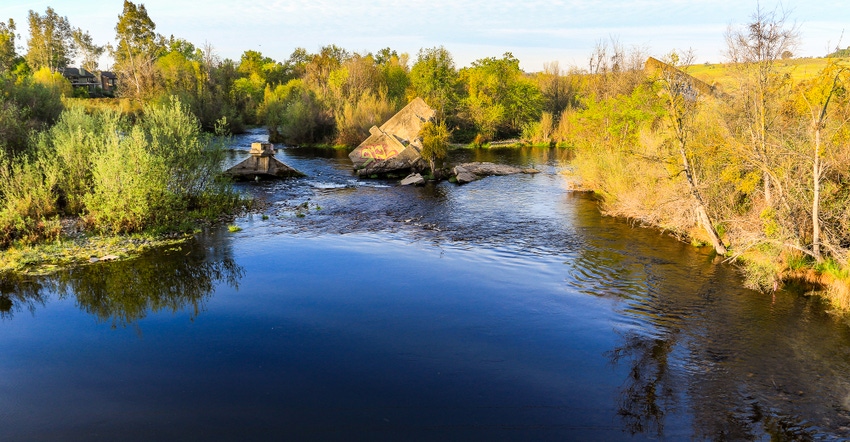July 12, 2018

Editor’s Note: The following was written by Mike Wade, executive director of the California Farm Water Coalition, in response to the recent decision by the California Water Resources Control Board to set higher minimum flow requirements in major rivers that drain into the Sacramento/San Joaquin River Delta.
by Mike Wade
California Farm Water Coalition
California’s agricultural industry suffered another blow when the State Water Resources Control Board released the Bay-Delta Water Quality Control Plan’s Supplemental Environmental Document (SED). Details in the SED confirm that the Water Board’s Plan will leave thousands of acres of farmland with zero surface supply in certain water year types, stripping the Central Valley of over 6,500 jobs and $1.6 billion in economic output.
Despite dozens of meetings, testimony from experts representing public water agencies, cities, farms, school districts and more, as well as mounting scientific proof that their approach is wrong, the State Water Board has not budged an inch.
The State Water Board’s unimpaired flow strategy does nothing to address major stressors in the system, such as the loss of habitat for native species and overwhelming predators that have gained a problematic foothold on the Delta. What is needed, instead, are functional flows, which can meet multiple needs from farming to habitat protection, recreation, and urban water supply needs.
This sort of unresponsive bureaucracy is extremely frustrating for people at the local level who are committed to viable environmental restoration activities. Simply dumping more water down the river with the hope that it will solve the Delta’s water issues is an incomplete solution to a complex set of problems.
Californians are being asked to make good water management a way of life. We are being asked to be adaptive and seek flexible, creative approaches to how we use water at home, at our jobs, and on our farms. We are being asked to be reasonable with the water we use, to be good stewards, to avoid waste, and to limit our water use to what is reasonably required.
Californians have risen to those challenges and we should expect no less of California’s State Water Resources Control Board.
You May Also Like




